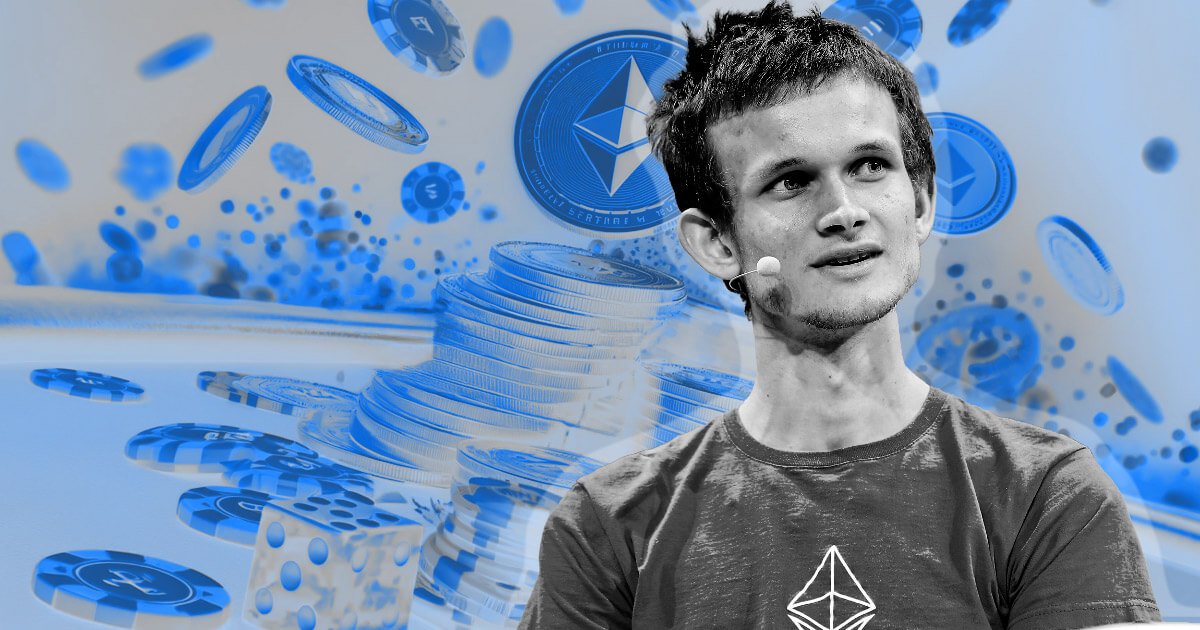
Ethereum co-founder Vitalik Buterin said the problems with ZKasino were proof that the term ‘Zero-Knowledge (ZK)’ has gained enough prominence in the industry to attract abuse by fraudulent actors.
Buterin’s comment followed revelations that the blockchain-based gambling platform roughed up its users – resulting in the loss of approximately $33 million worth of Ethereum (ETH).
According to Buterine:
“There is nothing “ZK” about ZKasino except that it lives on zksync, correct? I think we have to adapt; even ‘ZK’ is now a buzzword so mainstream that real scammers are taking over.”
Remarkably, the project has continued to post on its official account on the social media platform
ZKasino back pull
Concerns about ZKasino arose on April 21 when community members noticed that a previous commitment to refund more than 10,500 bridged Ethereum used for ZKAS token farming was withdrawn.
Subsequently, on-chain data revealed that the company had placed users’ ETH into the Ethereum-based liquid staking protocol, Lido.
In their statement, the ZKasino team claimed that they were acting in the best interest of the community by converting all bridged ETH into ZKAS at a discounted rate of $0.055, subject to a 15-month vesting schedule.
This statement led to widespread condemnation and scrutiny from the crypto industry.
Crypto sleuth ZachXBT marked the questionable history of ZKasino founder Ildar Elham, pointing to past instances of non-payment of debts, delayed giveaway announcements, evading bet payments, and failing to refund users after an internal phishing attack.
Also crypto developer Cygaar so-called that ZKasino’s blockchain was an Arbitrum Nitro chain that was deployed in two minutes. He added that the chain had no knowledge technology or EigenDA, contrary to what the project claims.
Investors deny
Following recent events, numerous investors and supporters of ZKasino have distanced themselves from the project.
MEXC, a prominent exchange backer of the platform, canceled the planned listing for the ZKAS token. MEXC had participated in the protocol’s Series A funding round.
Additionally, venture capital firm Big Brain said ZKasino “appears to be fraudulent” and clarified that it never invested in the project. It added:
“We never invested in ZKasino, but were offered a pro-rata token distribution that we did not receive and will not want to receive.”













